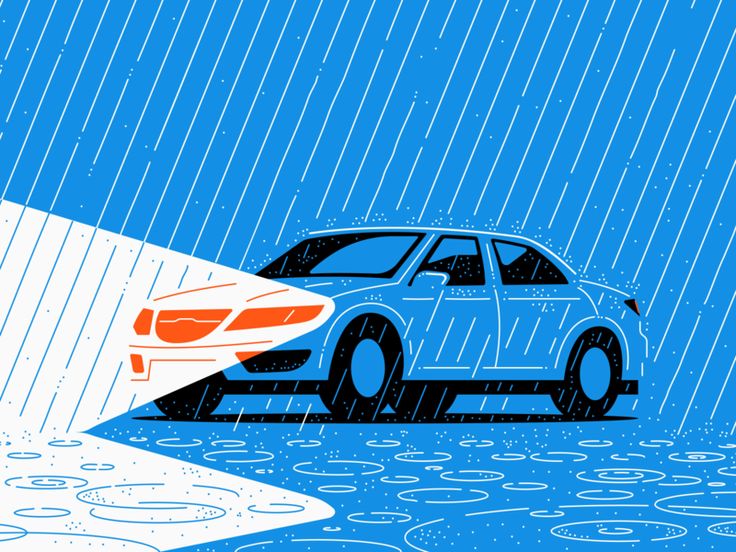Take A Break If the Weather Worsens
When you can’t see well or operate your vehicle correctly, it’s not a good idea to drive in a storm or during severe rain. It’s better to find a suitable area on the side of the road and pull over in these situations. Make sure your headlights and taillights are turned on, though, so that other traffic can see your car and avoid an accident.
Avoid Off-roading
Going off the usual path may be enjoyable during the summer, but it will only bring you difficulties during the monsoon, especially in the hills. For better options, you can get to know about the Tata ace CNG price in Delhi.
Maintain A Minimum Safe Distance
Allow enough of room for other vehicles (and yourself) to see ahead and avoid a collision. Because vision is limited and the roads are slick, you can’t immediately slam on the brakes and pull up in a flash, believing that the cars behind you would do the same. Furthermore, the driver in front of you may not have read the rainy-season road safety guidelines or taken the necessary safeguards for monsoon driving!
Keep The Lights On
Yes, even in the middle of the day! When driving in the rain, visibility is crucial, especially when driving in the hills. You must have the ability to see and be seen clearly.
Others driving around you will be able to recognize your vehicle and maintain a safe distance if you keep the lights on. Just make sure you don’t flash your high beam directly into oncoming traffic, as this could momentarily blind the motorist and cause an accident.
Drive Slow
The roads are flooded and slick. There is less visibility. The weather isn’t great for a Fast And Furious road trip. Save your desire to race and overtake for a later date. During the rainy season, many cities’ established road safety tips specifically advise drivers to drive slowly so that they can see where they’re going while also not jeopardizing the safety of other road users. Furthermore, damp roads can cause tyres to lose grip and skid, causing the driver to lose control.
Fuel-Up Before Setting Off
Imagine being stranded in a distant location with no petrol in your vehicle and no way to refuel it when it’s raining. Isn’t it terrifying? Make sure you fill up your automobile to the fullest capacity so it doesn’t break down in the middle of the highway.
Time Your Journey
It’s all about the timing! Find out when time of day is the safest. Know the distance between your current location and your destination, as well as how long it will take you to get there at your current speed. You must recognise that rain will naturally slow you down, and driving on those slick roads and through traffic will take longer than usual. As a result, leave earlier than you anticipated. That way, you may avoid travelling at night, which is perilous during the monsoon season. The most crucial monsoon road safety tip we can provide you is to plan your travel ahead of time!
Keep A Tab On The Weather Forecast
Rainfall is unpredictably erratic, especially during monsoon season. It’ll be sunny one minute and then pour like crazy the next. As a result, always check the weather forecast before getting into your car. This is true not only for your current position, but also for your final destination. Keep up with the latest weather forecasts for wherever you’re going. If the weather prediction predicts rain, change your plans accordingly.
Get Your Vehicle Checked
It’s critical to make sure your car is in good working order before venturing out in harsh weather. During the rainy season, even the tiniest mechanical flaw might pose the greatest threat to your road safety. You don’t want to be stranded changing tyres on a muddy road while it’s raining cats and dogs. Your automobile or motorcycle’s tyres, windshield wipers, headlights, and brakes must all function properly. Defrost your windows as well to improve vision. Rain-X Anti Fog, for example, can help you out! You can get in touch with Tata motors dealers east Delhi.


